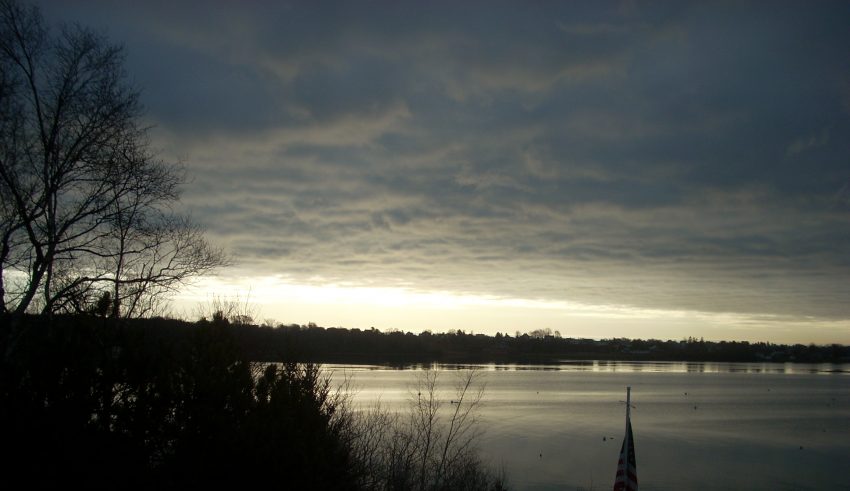
Community service seems to be embedded in Millennials’ DNA; it’s part of their generation to care about something larger than themselves. Rather than “keeping up with the Joneses,” they want to help others. Surveys show that people born between 1982 and 2000 are the most civic-minded since the generation of the 1930s and 1940s. Unlike culturally polarized Baby Boomers or cynical Gen-Xers, this is a generation of activist doers (Endnote 33). Indeed, in the 2009 Civic Health Index Millennials emerged as the “top” group for volunteering. They led the way in volunteering with a 43% service rate, compared to 35% for Baby Boomers (Endnote 34).
Endnotes
1 Demographics-Definition and Overview,2011.
2 Fran Olsen, The Four Generations of Employees, RVDA, 2011.
3 Pat Thornton, The Silent Generation—Most Misunderstood and Underestimated, 2008.
4 Pat Thornton, The Silent Generation—Most Misunderstood and Underestimated, 2008.
5 Primaries 2008: In Florida It’s the Older Generation, Stupid!, PR Web, 2008.
6 Primaries 2008: In Florida It’s the Older Generation, Stupid!, PR Web, 2008.
7 Robert Brenner, Selling to the Generations. Part 1: Age Groups and Attitudes, 2001.
8 American Dream on Life Support: Boomer-Plus Americans Believe They Will Leave World in Worse Shape, PR Newswire, 2008.
9 Fran Olsen, The Four Generations of Employees, RVDA, 2011.
10 Generations: When We Bloom Where We’re Planted, Who Is In the Garden With Us?, 2008 Summer Leadership Conference, 2008.
11 Robert Brenner, Selling to the Generations. Part 1: Age Groups and Attitudes, 2001.
12 Fran Olsen, The Four Generations of Employees, RVDA, 2011.
13 Frank Magid Associates, The Politics of the Millennial Generation: A New Survey Comparing Political Attitudes Between Generations, March, 2006.
14 Robert Brenner, Selling to the Generations. Part 1: Age Groups and Attitudes, 2001.
15 Primaries 2008: In Florida It’s the Older Generation, Stupid!, PR Web, 2008.
16 Ken Culp, III, Recruiting and Engaging Baby Boomer Volunteers, Journal of Extension, 2009.
17 Fran Olsen, The Four Generations of Employees, RVDA, 2011.
18 Robert Bremmer, Selling to the Generations—Part 1: Age Groups and Attitudes, 2001.
19 Sally Kane, Generation X, About.com Guide, (Undated).
20 Laurie Rushing, Tradition, Boomers, X and Y— How Are We Wired?, 2009.
21 Frank Magid Associates, The Politics of the Millennial Generation: A New Survey Comparing Political Attitudes Between Generations, 2006.
22 Pat Thornton, The Silent Generation (aka Veterans)—Most Misunderstood and Underestimated, 2009.
23 The Generation X Report, Value Options, University of Michigan, 2011.
24 Clark Howard, Generation X Faces Huge Lifestyle Debt, Statesman.com., 2007.
25 Marc Terrell, X Marks the Spot for Nonprofits to Tap New Generation of Donors, Business Journal, 2007.
26 Albert Winseman, Hope and Faith Among the Slacker Generation, Gallup, 2003.
27 Fran Olsen, The Four Generations of Employees., 2008.
28 Robert Brenner, Selling to the Generations. Part 1: Age Groups and Attitudes, 2001.
29 Generation Y, Wikipedia, 2009.
30 Robert Brenner, Selling to the Generations. Part 1: Age Groups and Attitudes, 2001.
31 Rena Klein, Millennials Working, The American Institute of Architects, 2008.
32 Frank Magid Associates, The Politics of the Millennial Generation: A New Survey Comparing Political Attitudes Between Generations, 2006.
33 Andrea Stone, Civic Generation Rolls Up Sleeves in Record Numbers, USA Today, 2009.
34 2009 Civic Health Index: Civic Health in Hard Times, National Conference on Citizenship, 2009.
Issue One: The Investigation of Theory S
Setting the Stage for Theory S: I. Demography
Setting the Stage for Theory S: III. From Aging to Saging
Setting the Stage for Theory S: IV. The Rise of Civic Engagement
Emergent Sage Leadership: Interview of Christine Kelly
Senior Sage Leadership: Interview of Norman Westmore
Sage Leadership Project: Vision, Purposes and Methodology
Download Article 1K Club


















